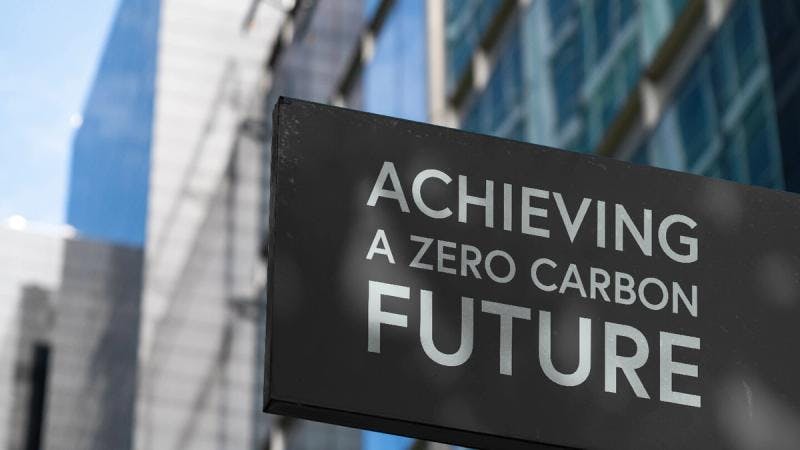The UK government has announced a substantial investment of nearly £22 billion for carbon capture and storage (CCS) initiatives, focusing on two key clusters in Merseyside and Teesside. This funding, spread over 25 years, is expected to generate approximately 4,000 direct jobs and support up to 50,000 additional jobs in the long term, while also attracting around £8 billion in private investment. Experts believe that these projects will significantly contribute to the UK's climate goals by capturing and storing carbon emissions from energy, industry and hydrogen production.
Chancellor Rachel Reeves, alongside Prime Minister Sir Keir Starmer and Energy Secretary Ed Miliband, is set to confirm these projects, which are anticipated to commence carbon storage by 2028. Miliband emphasized that the government’s commitment marks a pivotal moment, transitioning from coal-fired energy to a new era characterized by carbon capture technology. He argued that CCS is essential for decarbonizing the economy without sacrificing industrial growth, noting its importance for energy-intensive sectors like glassmaking and cement.
The government’s strategy is seen as a catalyst for revitalizing the UK's industrial base, with Starmer asserting that the investment will "reignite our industrial heartlands" and boost economic growth. Planned infrastructure includes transport and storage networks for carbon, facilitating the safe underground storage of captured emissions.
Despite the optimistic outlook, this investment has drawn criticism from environmental advocates. Critics, including Greenpeace and Friends of the Earth, argue that the funding could prolong reliance on fossil fuels rather than advancing renewable energy solutions. They call for a shift towards offshore wind and home insulation projects instead. However, Miliband countered that CCS provides a viable solution for maintaining low-carbon power generation, particularly when renewable sources are insufficient.
Overall, this funding represents a significant corporate opportunity within the UK’s energy landscape, aiming to build a sustainable industrial future while addressing climate change. The Merseyside and Teesside projects are part of a broader government strategy to capture 20-30 million tonnes of CO2 annually by 2030, positioning the UK as a leader in carbon capture technology.






